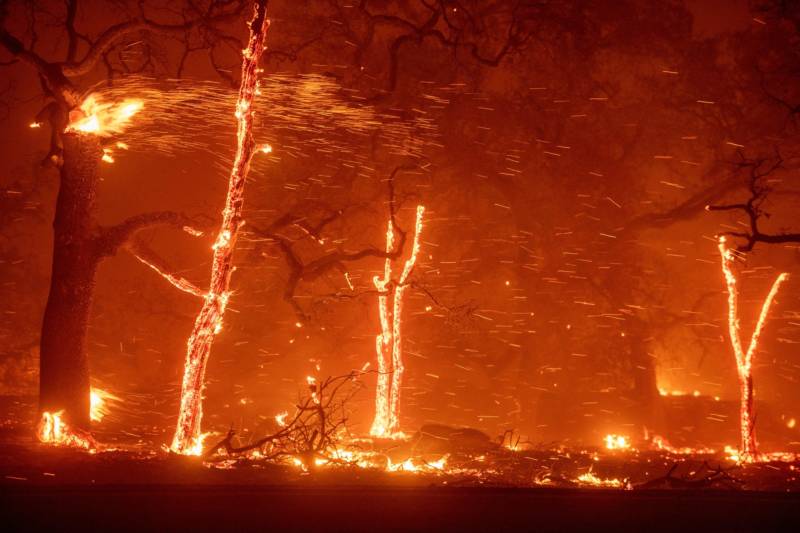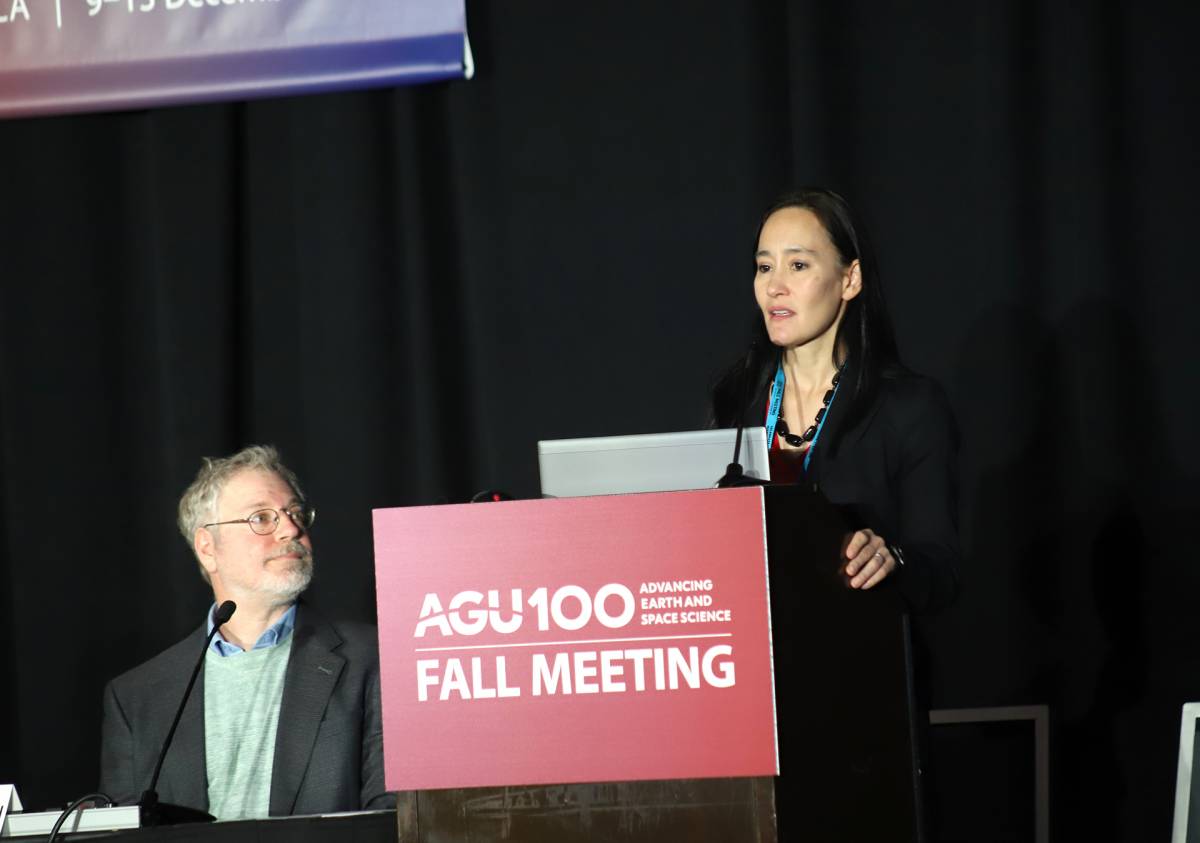Devastating wildfires in California. A sweltering drought in the American Southwest. Punishing heat waves in Europe and Asia. Record-low sea ice in the Bering Sea.
Climate Change Contributing to Weather Catastrophes 'Right Now'

Scientists detected the fingerprints of human-caused warming on each of these extreme weather events from 2018, according to the Bulletin of the American Meteorological Society‘s latest report, called “Explaining Extreme Events from a Climate Perspective.”
The report’s editor, NOAA climate scientist Stephanie Herring, says researchers have found mounting evidence linking climate change to specific heat waves, droughts and other extreme weather events. She presented the findings at the American Geophysical Union’s annual conference in San Francisco Monday.
“Climate change is impacting the weather we are experiencing today,” Herring said. “It is not something we are talking about in the future. It is here now, and it is having real implications right now.”
Jeff Rosenfeld, the Bulletin’s editor-in-chief, says the science of determining the impact of climate on weather events, presented in research called attribution studies, has become increasingly powerful and reveals the stark reality of humanity’s contribution to extreme weather.
“We are living in a new climate,” he said. “We have made a new atmosphere and are playing out a new experiment.”

In the last eight years, 73% of the 168 peer-reviewed studies the journal published on the influence of climate change on weather-related catastrophes found that climate played some role in those events.
Since 2016, researchers have identified some phenomena, like the rapidly warming waters in the Bering Sea, that would not have occurred without global warming.
“Everyone expected that we would get to this point someday,” Herring said. “We didn’t think it would happen so quickly.”
Of the 21 peer-reviewed studies on the extreme events of 2018, only one did not implicate global warming.
Herring cautioned that scientists still need to study each extreme weather event closely to determine the exact role of climate change.
People cannot assume, for example, that every major wildfire in California is a result of global warming. The impacts of any particular wildfire are driven by an array of factors, including urban sprawl, wind and lack of precipitation.
An increasing number of studies could be detecting the impact of climate change, in part, because the scientific models have become more refined.
Still, Herring is clear that warming is definitely impacting weather in new ways.
“It’s now been 15 years since the publication of what is considered the first research on the role of climate change in extreme weather, and during that time the evidence that human-caused climate change is impacting weather events has only been increasing,” she said.
